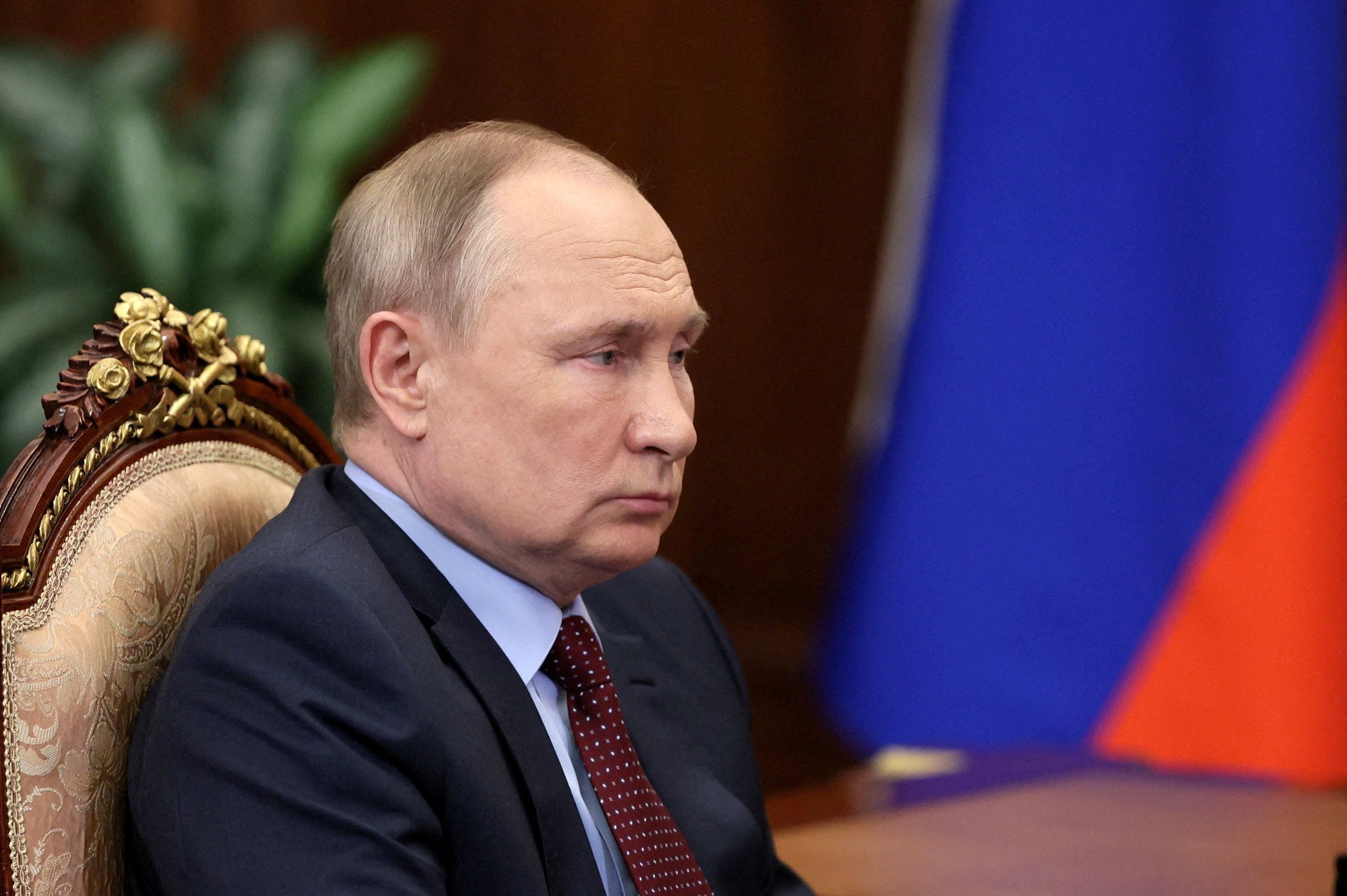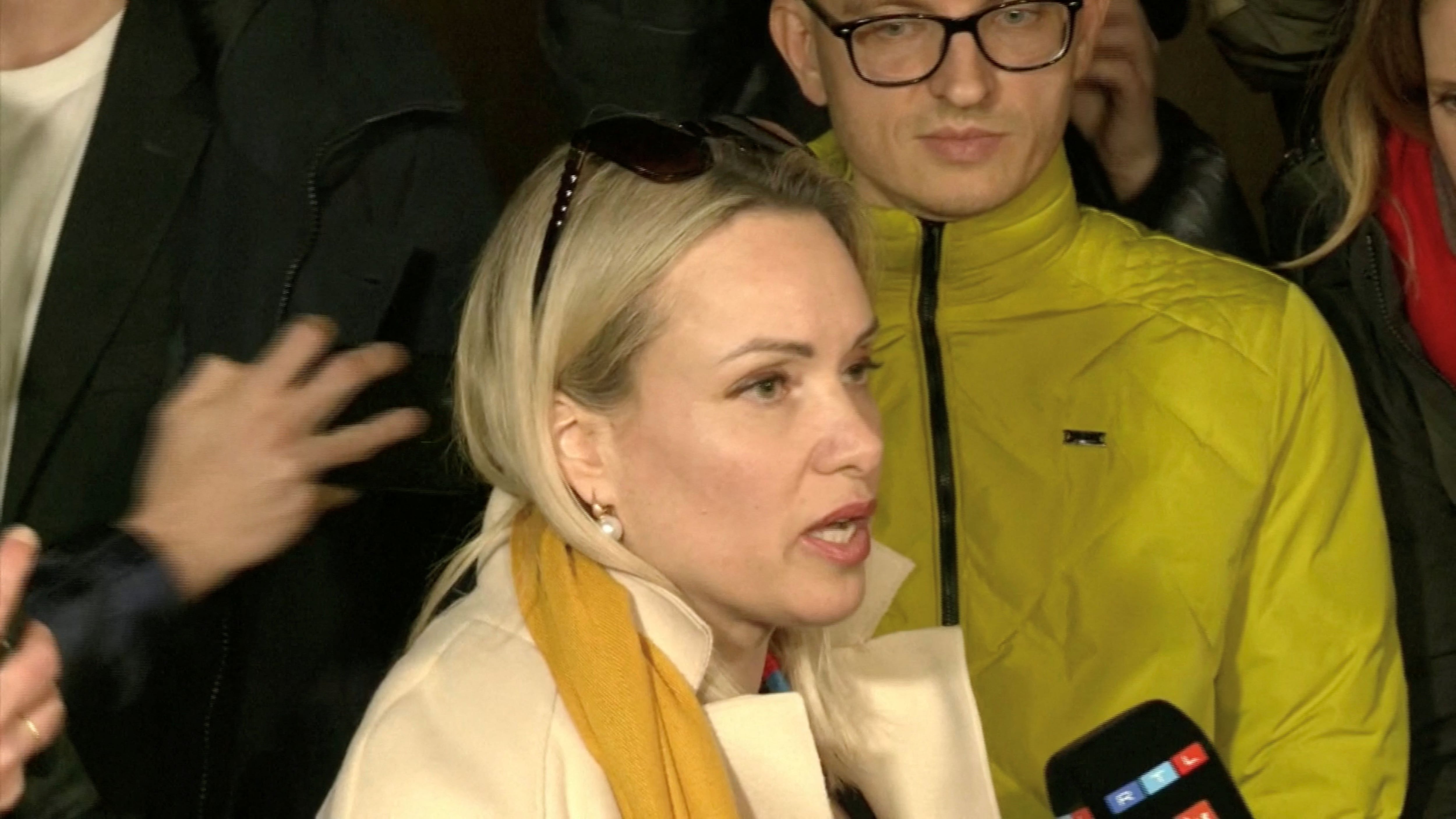
Swedish economist Ander Äslund, Boris Yeltsin's former adviser when he held the Russian presidency, accused Vladimir Putin of having turned Russia into a kind of North Korea following the invasion of Ukraine.
“In a short time it has turned the country into something like North Korea. Russians who have debts to the tax, for example, cannot leave the country. The same goes for the security forces and the police,” Äslund said in an interview with the German weekly Die Zeit.
“Hundreds of thousands of smart, young and well-educated Russians are probably trying to get out of the country today because they have to count on the borders being closed,” he added.
Äslund also believes that the sanctions resulting from the invasion of Ukraine have a very strong effect and that those that had already been taken in 2014 after the annexation of Crimea had been more effective than many people think.
“My estimates suggest that sanctions for the sanction of Crimea have cost Russian GDP 2.5 points per year. The Russian Government and Vladimir Putin always tried to downplay them and at the same time called for them to rise. The sanctions now are even stronger,” he explained.
Yeltsin's former adviser pointed out that the new sanctions have made it virtually impossible to do business with Russia and that more than 400 companies have left the country because “anyone who does business with Russia is seen as a bad person.” “Nobody wants to do business with Russia, let alone invest in Russia,” he said.

In this regard, he predicted that the ruble will continue to fall, inflation can reach up to 50% and a decline in GDP of between 10% and 20% or even more.
“The standard of living in Russia will deteriorate dramatically. Between 2014 and 2020 people's real incomes have already fallen by 11 percent. Now it can fall twice as much in just one year,” he warned.
Äslund acknowledged that it is difficult to predict whether there will be protests over economic problems and recalled that Russians have been relatively secretive in that regard. He also indicated that 60 per cent of the population still supports the invasion of Ukraine, but that it remains to be seen whether that will continue to be the case when it is known how many soldiers have died at the front.
Russian journalist Marina Ovsiannikova, who became an anti-war benchmark after appearing with a poster on a live news program of a pro-Kremlin channel, called on the people of her country on Sunday to denounce the Russian army's offensive in Ukraine.
“Times are very dark and very difficult, and everyone who has a civic opinion, and who wants to make that opinion known, must make his voice heard. It's very important,” he said in an interview with the American television channel ABC.
“The Russian people are really against war, it is Putin's war, not the war of the Russian people,” he said.

Marina Ovsiannikova appeared live last Monday on Russia's most watched news program, on the Pervy Kanal channel, behind a presenter holding a poster criticizing Moscow's military operation in Ukraine and denouncing the “propaganda” of Vladimir Putin's government-controlled media.
At ABC, he explained that he intended to carry out an event that has “more impact and draws more attention” than the street demonstrations being repressed by the police: “I could see what was really happening in Ukraine and what my channel's programs were showing was very different.”
When she appeared showing a poster behind the news presenter, the 43-year-old journalist wanted to “show the rest of the world that Russians are against war, expose propaganda for what it is, and perhaps encourage people to come out and denounce the war.”
“I was hoping that my act could, in a sense, cause people to change their stance,” he concluded.
Detained for a short time and then simply sentenced to pay a fine and released, Ovsiannikova, left the channel where she worked. However, he is at risk of criminal lawsuits that could lead to harsh prison terms, based on a recent law that punishes “false information” about the Russian army.
With information from EFE and AFP
Keep reading:
Últimas Noticias
Debanhi Escobar: they secured the motel where she was found lifeless in a cistern

The oldest person in the world died at the age of 119

Macabre find in CDMX: they left a body bagged and tied in a taxi
The eagles of America will face Manchester City in a duel of legends. Here are the details

Why is it good to bring dogs out to know the world when they are puppies




